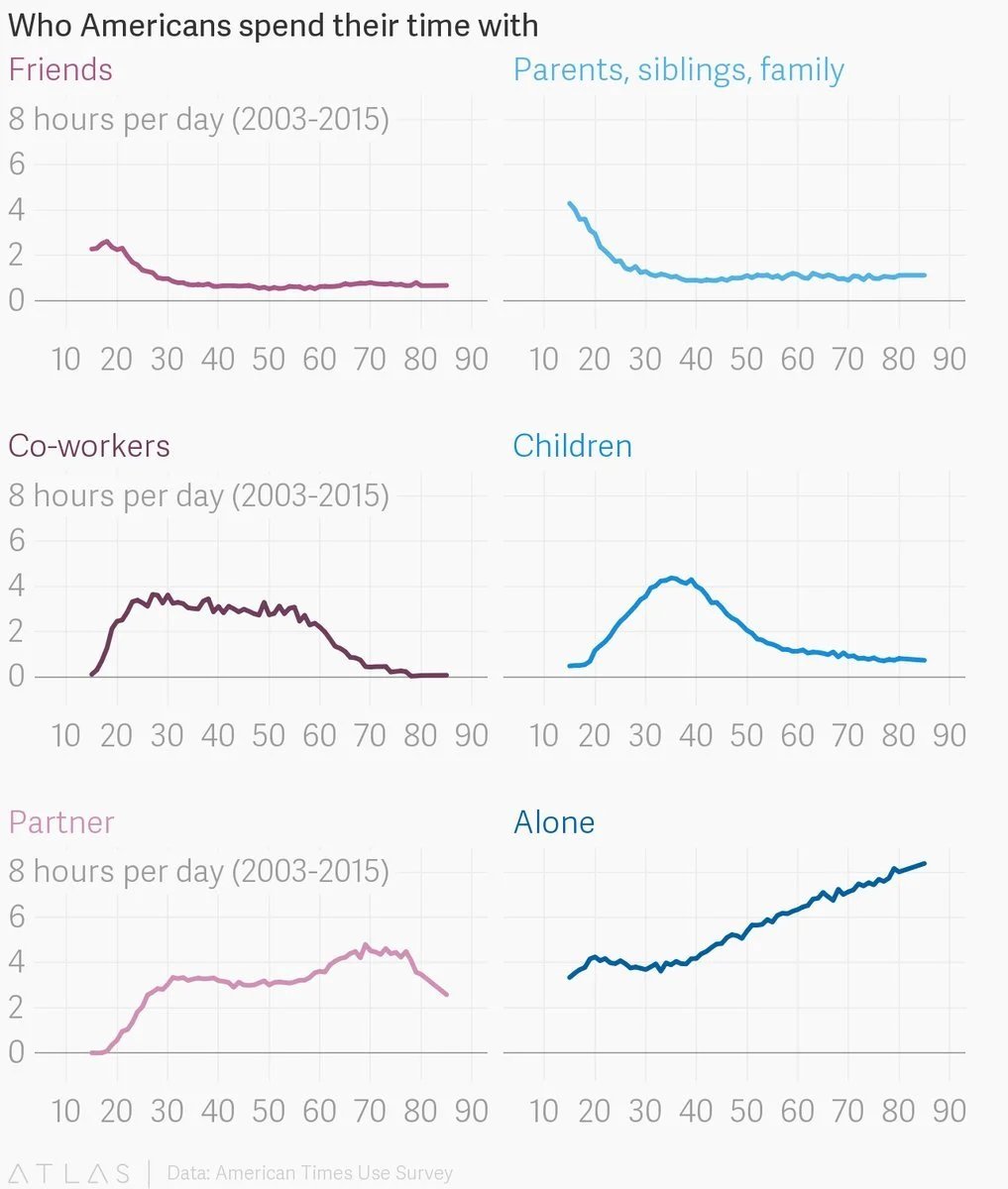
I think agency might be the most important personality trait of the 21st century.
Read my essay 'High Agency' at https://t.co/3lfQgXXltI
143 subscribers
How to get URL link on X (Twitter) App



 2. Mozart overspent his income, lived miserably in mountains of debt and regularly wrote letters to friends begging for money.
2. Mozart overspent his income, lived miserably in mountains of debt and regularly wrote letters to friends begging for money. 



 I spent 7 months trying to simplify high agency in the essay:
I spent 7 months trying to simplify high agency in the essay:

 Reason 1 - Milestones
Reason 1 - Milestones
 I had this red pill moment when I saw the following:
I had this red pill moment when I saw the following:
 My problem with the term "Cognitive Bias":
My problem with the term "Cognitive Bias":

 Rudolf Vrba was 18 when he entered Auschwitz
Rudolf Vrba was 18 when he entered Auschwitz

 Reason 1 - Milestones
Reason 1 - Milestones
 Trojan Horse: The News
Trojan Horse: The News 

 Here's an example of what the Manhattan Project technique looks like.
Here's an example of what the Manhattan Project technique looks like.